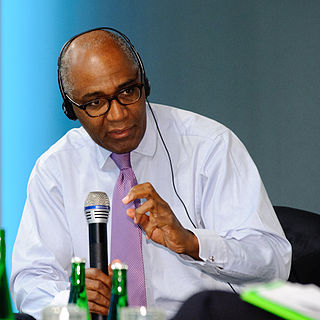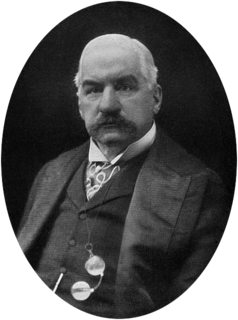A Quote by William Shatner
Every piece of entertainment is made with the idea that 'This is going to be terrific' and 'This is the best thing I've ever done' and then it hits the public and then the public tells you whether it's good or bad.
Related Quotes
Don't talk to me about appealing to the public. I am done with the public, for the present anyway. The public reads the headlines and that is all. The story itself is fair and shows the facts. That would be all right if the public read the facts. But it does not. It reads the headlines and listens to the demagogues and that's the stuff public opinion is made of.
And it's best if you know a good thing is going to happen, like an eclipse or getting a microscope for Christmas. And it's bad if you know a bad thing is going to happen, like having a filling or going to France. But I think it is worst if you don't know whether it is a good thing or a bad thing which is going to happen.
Have you ever had a moment where you finish a piece, and then all of a sudden the piece sort of takes on it's own life beyond you? It doesn't happen every time, but there are some pieces where that happens, and I love that. I feel like that's what I'm seeking nowadays, that moment of transcendence with a piece. Where this thing becomes larger than me as a person. It becomes otherworldly, and then I get separated as maker from it, and then it has it's own life. I love that.
Turbulence is a condition that we all experience during a flight when the plane is bouncing around by competing air currents. By analogy, the economy may bounce around a lot because of competing currents of public moods and investments. One week everyone might be optimistic and then suddenly something happens to turn everyone into pessimists. Investment dries up and investors become risk averse. A sudden piece of good news then turns around the public mood.
For me there's insecurity when you're releasing an album because you spend all of this time working on that one thing and then once it's done, it's done. After you put it out there to the public you never know which songs are going to work or even if the album is going to work as a whole so there is a little bit of nervousness around predicting what the numbers will be and if it's going to be well-received.



































